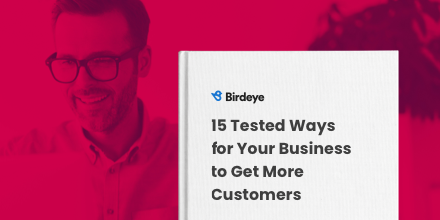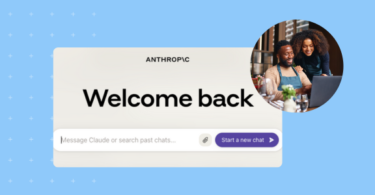If you’re Googling business ideas in Australia, chances are you’ve already hit a wall. Most lists are either too broad, US-centric, or unrealistic for where you’re living—be it the suburbs of Brisbane or the bush near Broken Hill. You don’t just want ideas—you want doable, profitable, and relevant ideas that make sense in 2025 Australia.
Whether you want to leave your 9–5, run your own business on the side, or finally turn that passion project into income, this list is for you.
This blog includes every type of small business idea relevant to Australians in 2025—from solo side hustles to scalable service models. It is organised by lifestyle, location, and skill type.
What’s different about this list 🤔
Most blogs round up “the best business ideas” by looking outward—global trends, viral side hustles, or overly vague suggestions. This one looks inward: at where you live, how much time you have, and what demand exists right here in Australia.
It also doesn’t just throw ideas at you—it explains who each idea suits, why it’s relevant in 2025, and how to get started.
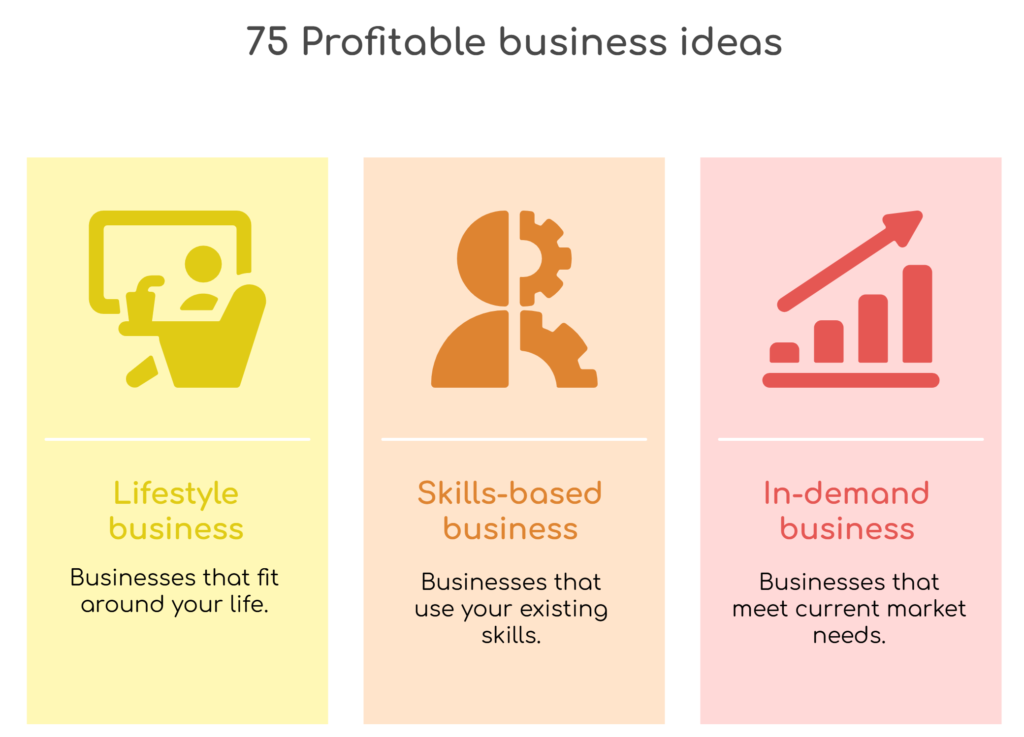
Table of contents
- 10 digital business ideas for tech-savvy Australians
- 11 health and wellness business ideas for conscious Australians
- 11 business ideas for parents, caregivers, and flexible work seekers
- 11 freelance and remote business ideas for regional and home-based Australians
- 11 business ideas for teens, uni students & young entrepreneurs
- 11 region-specific business ideas for urban, coastal, and rural Australia
- 10 purpose-led business ideas for social and sustainable ventures
- Turn your small business idea into a real business—faster
- FAQs about business ideas in Australia
- Birdeye GenAI helps new Australian businesses grow faster
10 digital business ideas for tech-savvy Australians
If you enjoy problem-solving online, are quick to pick up new tools, or just spend too much time on your laptop anyway, why not turn those skills into income?
Digital business models are among the most accessible in 2025: No storefronts, no staff, and in many cases, no need for anything beyond Wi-Fi and a laptop.
Here’s a quick summary for easy reference:
1. Start a niche social media agency
2. Offer a local SEO and content marketing service
3. Create and sell online courses
4. Become a virtual assistant
5. Launch an eCommerce website with an Aussie angle
6. Offer bookkeeping services to sole traders
7. Develop a niche digital product
8. Run a pet niche Instagram account or newsletter
9. Become a digital marketing consultant
10. Design marketing materials for tradies and solo operators
These online business ideas are perfect for freelancers, creatives, and professionals who want flexible schedules, low costs, and real growth potential—all tailored for the Australian market.
1. Start a niche social media agency
Most businesses know they should be posting, but struggle to keep up. If you understand social media engagement, trends, and platform tone, you can package services by industry—like tradies, fitness studios, or salons. This business model works best if you enjoy both creative work and client interaction.
2. Build an SEO-optimised content service
Aussie businesses are always looking to rank higher on Google—especially in competitive service areas. If you can write, do keyword research, and follow on-page SEO basics, content creation is a solid offering. Offering local SEO services to Australian businesses is a high-demand profit-yeilding business idea.
3. Create and sell online courses
Know something useful? Turn it into a step-by-step course—from home budgeting to photography to website basics for beginners. Platforms like Thinkific, Podia, or Teachable make this easy to set up and scale.
The beauty of this model is that you earn while you sleep—once built, it requires minimal upkeep.
4. Become a virtual assistant
Inbox management, meeting scheduling, and light project support are all in high demand—especially for anyone wanting to become their own boss without quitting their day job. As a virtual assistant, you get to work remotely while helping entrepreneurs stay organised.
This could be a perfect match if you’re reliable, fast, and love ticking things off a list.
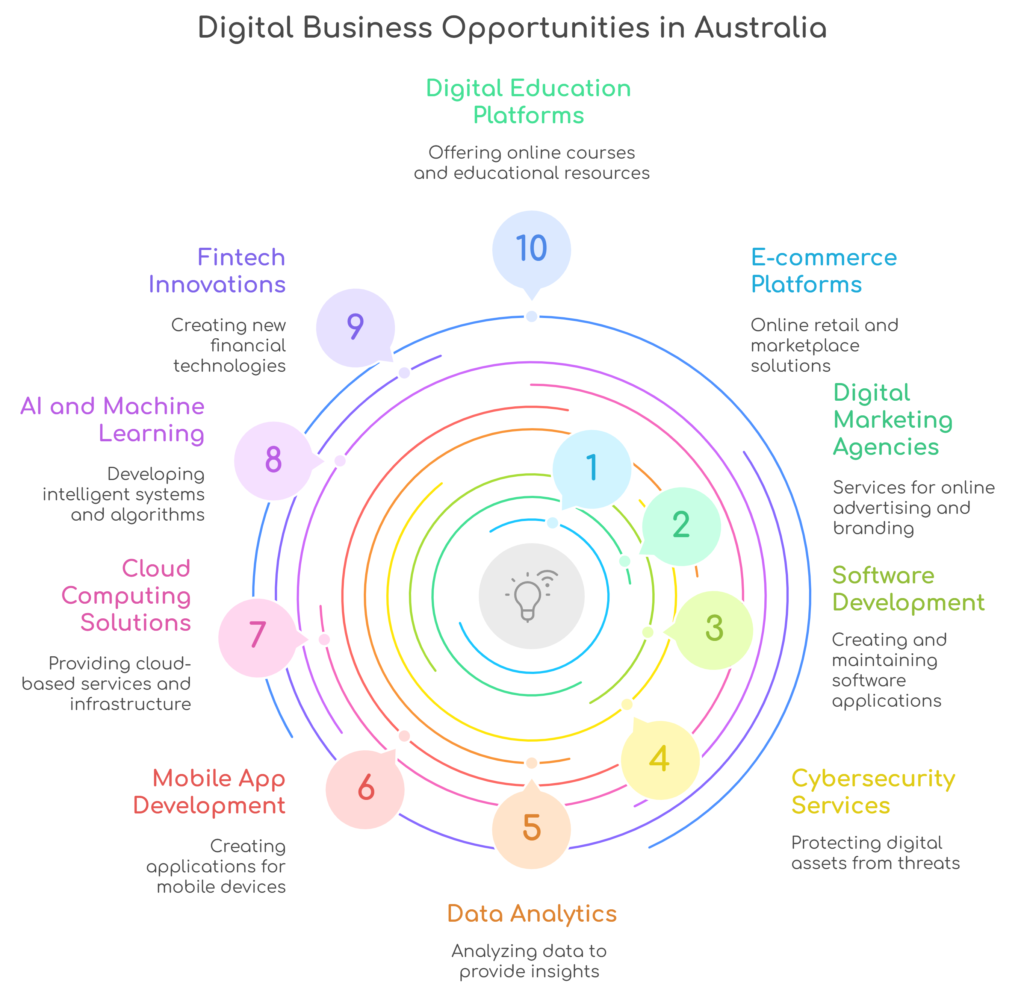
5. Launch an eCommerce website with an Aussie angle
There’s no shortage of niche product ideas, from beach gear to indigenous art prints. Pick a theme, build your store, and start selling. Remember to list on the top Australian eCommerce review sites to attract a regional audience.
This is ideal for creative sellers who want to own their brand and build it long-term.
6. Offer bookkeeping services to sole traders
Tradies, consultants, and mobile business owners often don’t have time to do their books. If you’re familiar with Xero, QuickBooks, or MYOB, this is a skill people will pay for—monthly.
It’s a recurring revenue model with strong demand from non-tech-savvy operators.
7. Develop a niche digital product
Templates, trackers, digital art packs—these business ideas require no office, team, or commute. Focus on solving a specific problem, like a budgeting spreadsheet for uni students or a meal planner for shift workers.
These products are low-effort to maintain and can generate passive income over time.
8. Run a pet niche Instagram account or newsletter
Aussies love their pets—and there’s real demand for content, recommendations, and product tips. Curate Instagram posts, build a following, and monetise via affiliate links or merch.
This is a creative, community-building model that grows naturally with consistency.
9. Become a digital marketing consultant
Help small brands navigate websites, ads, and email funnels. Pick one digital marketing niche—like real estate, law firm, or dental—and build packages around their goals.
Your advice turns into ROI for clients, which means strong word-of-mouth and repeat work.
10. Design marketing materials for tradies and solo operators
Design business cards, social media templates, or even uniforms and van wraps for small local teams. Many tradespeople prefer working with someone who “gets” their industry.
This works well if you’re visually creative but want to work with grounded, real-world clients.
11 health and wellness business ideas for conscious Australians
Health and well-being are no longer niche industries—they’re priorities. Australians invest more in preventative care, mental health, and services that improve daily life.
Whether you’re qualified in fitness, nutrition, therapy, or just passionate about wellness, business ideas here don’t require a massive investment—just empathy, commitment, and a clear focus on your target market.
1. Start a mobile massage business
2. Launch a wellness coaching practice
3. Offer eco-friendly cleaning services
4. Provide personal chef services for dietary needs
5. Create a specialised meal prep or delivery service
6. Start a mental health support blog or coaching brand
7. Open a niche fitness coaching business
8. Launch a health-focused social media account
9. Run corporate wellness workshops
10. Sell eco-wellness products via an online store
11. Offer mobile physiotherapy or rehab sessions
These small business ideas are ideal for people who want to work directly with clients, build meaningful relationships, and make an impact that extends beyond income.
11. Start a mobile massage business
Massage therapy is in high demand—but many people don’t want to leave home for it. Offer in-home services tailored to busy parents, office workers, or NDIS participants.
Mobile services eliminate the cost of a physical studio and bring wellness directly to your clients.
12. Launch a wellness coaching practice
Help clients improve their habits around sleep, movement, or stress through structured coaching. Certifications can be obtained online, and clients can be served virtually or in person. This is a scalable business model with the flexibility to build programs around your values.
Remember to register a Google Business Profile for your practice.
13. Offer eco-friendly cleaning services
Households and offices are actively seeking chemical-free options. Starting a cleaning business that uses plant-based or non-toxic products gives you a unique selling point in a competitive market.
This model is great for building a recurring client base with consistent weekly bookings.
14. Provide personal chef services for dietary needs
From gluten-free to diabetic-friendly meals, there’s a rising demand for home meal prep. Focus on clients with chronic conditions or time-strapped parents.
It’s a practical, in-demand niche that lets you build loyalty through personalisation.
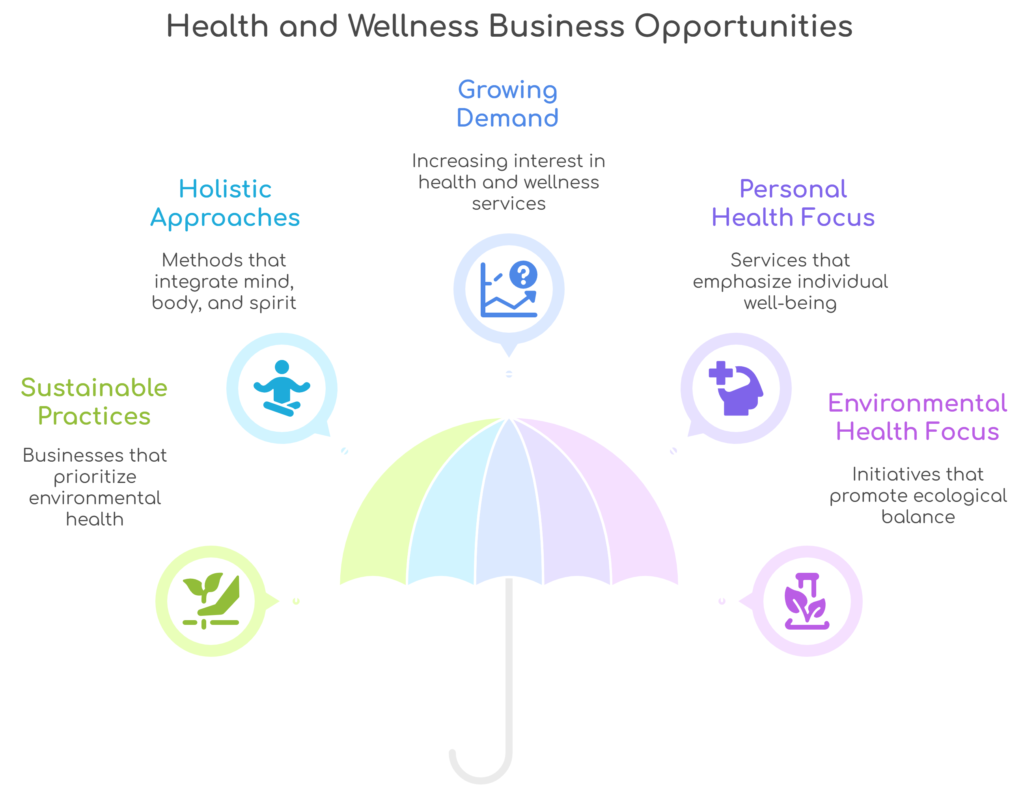
15. Create a specialised meal prep or delivery service
Instead of generic takeout, offer nutrient-dense, home-cooked meals for specific demographics: gym goers, postpartum mums, or elderly clients.
You can start small, local, and expand based on referrals and customer retention.
16. Start a mental health support blog or coaching brand
If you’re qualified in psychology or peer support, offer 1:1 sessions, content, or small group workshops. You can eventually sell online courses or eBooks.
This business idea builds long-term community and positions you as a trusted figure in your niche.
17. Open a niche fitness coaching business
Specialize in a segment—like over-50s strength training, post-injury rehab, or online fitness for shift workers. Create subscription models or digital memberships.
Instead of competing with big gyms, you cater to clients looking for personalisation and flexibility.
18. Launch a health-focused social media account
Share tips, recipes, routines, or mini-trainings on Instagram or TikTok. Monetise via affiliate links, product collabs, or by promoting your own offers.
It’s a content-first approach that can evolve into a service or product business.
19. Run corporate wellness workshops
Partner with workplaces to deliver stress relief training, posture sessions, or mindfulness talks. This can be packaged as quarterly contracts.
Corporate events have larger budgets and offer repeat income from a single client.
20. Sell eco-wellness products via an online store
Curate and resell sustainable wellness products: bamboo toothbrushes, menstrual cups, or bath soaks. Use an online store model with low inventory or dropshipping.
With proper market research, you position your brand as a go-to in the eco-living space.
21. Offer mobile physiotherapy or rehab sessions
Licensed physios can visit clients at home, especially post-surgery, for aged care or NDIS participants. This removes the barrier of transport or mobility.
You provide a professional service where it’s needed most—on the client’s terms.
Not everyone has the luxury of full-time hours or unlimited flexibility. But even with a busy household, caring responsibilities, or a part-time schedule, there are ways to build something of your own.
Let’s look at business ideas perfect for parents, caregivers, and those seeking control over their calendar.
11 business ideas for parents, caregivers, and flexible work seekers
When your schedule is built around school runs, caregiving, or part-time hours, traditional business models don’t always fit. But that doesn’t mean business ownership is off the table.
1. Start a home-based baking or meal prep service
2. Offer virtual assistant services to local business owners
3. Launch an Etsy shop with handmade or digital products
4. Become a sleep consultant for babies and toddlers
5. Offer after-school tutoring for primary school kids
6. Start a dog walking or pet sitting service in your neighbourhood
7. Sell kids’ toys or books via local Facebook groups
8. Run a party planning or kids' event business
9. Start a local toy or book rental subscription
10. Offer basic bookkeeping services to other parents or part-time business owners
11. Become a freelance content creator in the parenting or wellness space
In fact, many of the most sustainable businesses today are born from routines like yours—where flexibility, community focus, and consistent service matter more than hustle culture.
22. Start a home-based baking or meal prep service
If you’re already cooking for your family, batch a little extra and sell it to nearby parents or professionals. Think lunchbox-friendly snacks, postnatal meals, or allergy-aware catering.
You’re already doing the work—this just turns it into a business that fits your routine while making you your own boss.
23. Offer virtual assistant services to local business owners
Many therapists or coaches need help with admin, bookings, and invoicing. You can work entirely from home, choose your hours, and grow at your own pace—exactly what being your own boss looks like.
It’s one of the most adaptable, low-risk service-based models available today.
24. Launch an Etsy shop with handmade or digital products
From printable kids’ planners to crocheted baby blankets—use your creative time during nap time or evenings to run a simple, fulfilling home business. If you are good at digital marketing, this idea gives you control, creative freedom, and a global customer base without the commute.
25. Become a sleep consultant for babies and toddlers
Help new parents build better sleep routines through remote coaching. You can get certified online and consult via phone or Zoom.
It’s a niche service with strong word-of-mouth appeal and room to grow through referrals.
26. Offer after-school tutoring for primary school kids
If you enjoy teaching, tutoring is a small business idea you can launch from your kitchen table—with growing demand every school term. You can run sessions from your dining table or online.
The hours fit neatly around school times—and the demand never goes away.
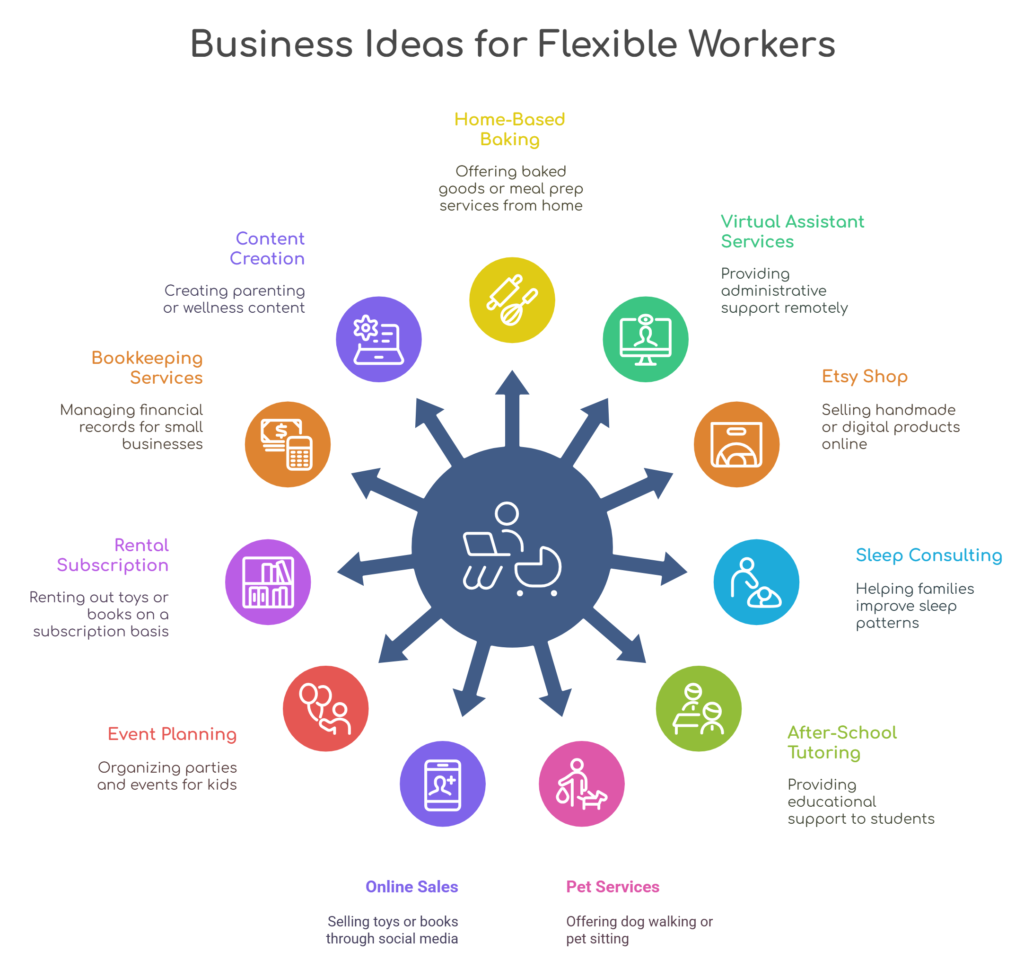
27. Start a dog walking or pet sitting service in your neighbourhood
Pet care is a booming market, and clients prefer someone local they can trust. You can start small—just a few pets per week—and grow based on referrals.
This works well if you’re already out for walks or at home during the day.
28. Sell kids’ toys or books via Facebook
If you’re good at sourcing deals, flip quality secondhand items, or create bundles (e.g. “3 books + 2 puzzles for $15”) and offer local delivery.
Facebook marketing is simple, low-cost, and lets you declutter while earning. You can also join relevant local Facebook groups, which give you access to more like-minded buyers.
29. Run a party planning or kids’ event business
Organise themed birthdays, baby showers, or activity stations. You can start small, helping friends, and slowly turn it into a formal business.
It’s highly personal, locally focused, and built on creativity and strong organisational skills.
30. Start a local toy or book rental subscription
Instead of buying, offer monthly rentals of curated toys or books, especially for children aged 1–5.
Parents love it because it saves money, reduces clutter, and supports sustainability.
31. Offer basic bookkeeping services to other parents or part-time business owners
Many part-time business owners (photographers, doulas, crafters) hate doing their books. If you’re organised and understand tools like Xero, help them stay on track.
It’s steady, recurring work—especially around BAS deadlines and EOFY.
32. Become a freelance content creator in the parenting or wellness space
Whether it’s blogging, Instagram, or YouTube—documenting your daily routines, product reviews, or tips can lead to affiliate income, brand deals, or your own product line.
You build an audience around authenticity, and get paid to share your real life.
Each small business idea here works around your lifestyle, not against it—especially for stay-at-home parents and caregivers.
Now, let’s discuss business ideas that are even more flexible—with no location or childcare constraints. Whether you’re in the outback or a Melbourne apartment, the next section is all about remote-friendly businesses with low overhead and high independence.
11 freelance and remote business ideas for regional and home-based Australians
Not everyone can access coworking spaces or commercial leases—that’s the point. Remote-first business models thrive in Australia, especially for people in regional towns or those who prefer a solo work setup.
These business ideas in Australia don’t just reduce costs—they let you work from anywhere, set your own hours, and scale based on demand, not geography.
1. Start a freelance resume and cover letter service
2. Become a social media manager for rural or niche businesses
3. Offer voice-over work with an Aussie accent
4. Start a transcription or captioning service
5. Flip items on online marketplaces
6. Become a freelance translator for migrant communities
7. Offer online tutoring or homework help
8. Create a budgeting template and sell it as a digital product
9. Become a freelance podcast editor
10. Offer data entry or CRM services to professional services firms
11. Manage short-term rentals for out-of-town owners
If you’re looking for a small business idea that works around your lifestyle—and your location—these 11 options are worth considering.
33. Start a freelance resume and cover letter service
With job markets tightening and more people switching industries, personalised resumes are in high demand. Target trade workers, career changers, or high school grads.
It’s low overhead, high value, and easy to market via LinkedIn or local Facebook groups.
34. Become a social media manager for rural or niche businesses
From outback retreats to farm shops, regional businesses often lack the time or knowledge to maintain their social media accounts. Offer monthly social media management plans tailored to them.
This is a great fit if you love storytelling, photography, and local branding.
35. Offer voice-over work with an Aussie accent
Many businesses want a relatable voice for ads, explainers, or eLearning content. Set up a home mic and record samples for platforms like Voices.com.
This suits confident speakers who want flexible, project-based income.
36. Start a transcription or captioning service
Podcasters, educators, and legal firms need accurate transcripts. If you’re a fast typist with attention to detail, this can be a reliable service with repeat clients.
It’s simple, skill-based work you can do in your own time.

37. Flip items on online marketplaces
Buy undervalued items locally—furniture, tech, baby gear—and resell for profit on business directories in Australia that generate leads. Focus on high-demand suburbs or niche categories.
It’s practical, repeatable, and lets you start with a small initial investment.
38. Become a freelance translator for migrant communities
Australia’s migrant population creates demand for documents, letters, and customer service translations—especially in Arabic, Mandarin, or Hindi.
If you’re bilingual, this is a meaningful way to use your skills and support your community.
39. Offer online tutoring or homework help
Focus on regional students who may not have access to local tutors. Subjects like maths, English, and science are always in demand.
You can tutor after school hours and build strong, long-term relationships.
40. Create a budgeting template and sell it as a digital product
Make a downloadable tool for niche audiences—like FIFO workers, single parents, or students. Sell through Gumroad or Etsy.
This is a smart small business idea for creators who want to build once, sell forever, and scale passively.
Plus, you can bundle it with financial tips or videos.
Did you know: Now you can now you can have a Google Business Profile for online business? Yes, you can use it without a physical location.
41. Become a freelance podcast editor
As podcasting grows in Australia, so does the demand for help with editing, noise removal, and adding intros/outros.
You only need basic software and a good ear—clients care more about quality than credentials.
42. Offer data entry or CRM services to professional services firms
Accountants, real estate teams, and law firms all need admin help. Offer to clean up spreadsheets, update records, or set up new tools.
It’s a good fit for people who enjoy detail, consistency, and working solo.
Before you set up your own law firm, learn about the new social media laws in Australia.
43. Manage short-term rentals for out-of-town owners
Oversee listings, messaging, and cleaner coordination for local Airbnb. Ideal for regional towns with holiday rentals.
You turn a local knowledge advantage into a service for time-poor investors.
You don’t need to wait until your 30s or 40s to launch a business. In fact, many of the fastest-growing ventures in Australia are being run by people under 25. If you're a student, teen, or early-career go-getter, the next list of business ideas is for you.
75 Business Ideas in Australia Based on Real Demand
Want to see the impact of Birdeye on your business? Watch the Free Demo Now.
11 business ideas for teens, uni students & young entrepreneurs
Young Australians don’t need to wait until they’ve finished uni—or even high school—to start a business. In fact, starting early is one of the biggest advantages you can give yourself. The key? Choose business models that match your schedule, skill level, and audience.
1. Resell sneakers or limited-edition merch
2. Offer tutoring for younger students
3. Start a TikTok content repurposing service
4. Sell digital art, graphics, or wallpapers online
5. Run errands for elderly neighbours or busy professionals
6. Start a tech help service for older Australians
7. Sell baked goods at weekend markets or to friends
8. Create study notes and sell them digitally
9. Offer Canva design services for other businesses
10. Become a local photographer for events or content
11. Start a YouTube channel around a specific niche
These business ideas are low-risk, digital-friendly, and built around interests that younger Australians already spend time on.
Whether you want to earn pocket money, start your first side hustle, or build something long-term, these 11 ideas prove that age isn’t a barrier to entrepreneurship.
44. Resell sneakers or limited-edition merch
Buy trending items from brands like Nike or Supreme, then flip them online through Depop or Facebook Marketplace.
This business idea is ideal for students who follow fashion drops and hype trends.
45. Offer tutoring for younger students
If you’re strong in English, maths, or science, help primary or early high school students. You can tutor online or even meet at the local library.
It’s a reliable income and builds public speaking and teaching confidence.
46. Start a TikTok content repurposing service
Creators and small businesses need help cutting long videos into short clips for TikTok or Reels. Learn basic editing with CapCut or InShot and offer a weekly content package.
This works well for social-savvy teens who already understand platform trends.
A word for the wise: Know the best time to post on TikTok for an Australian audience.
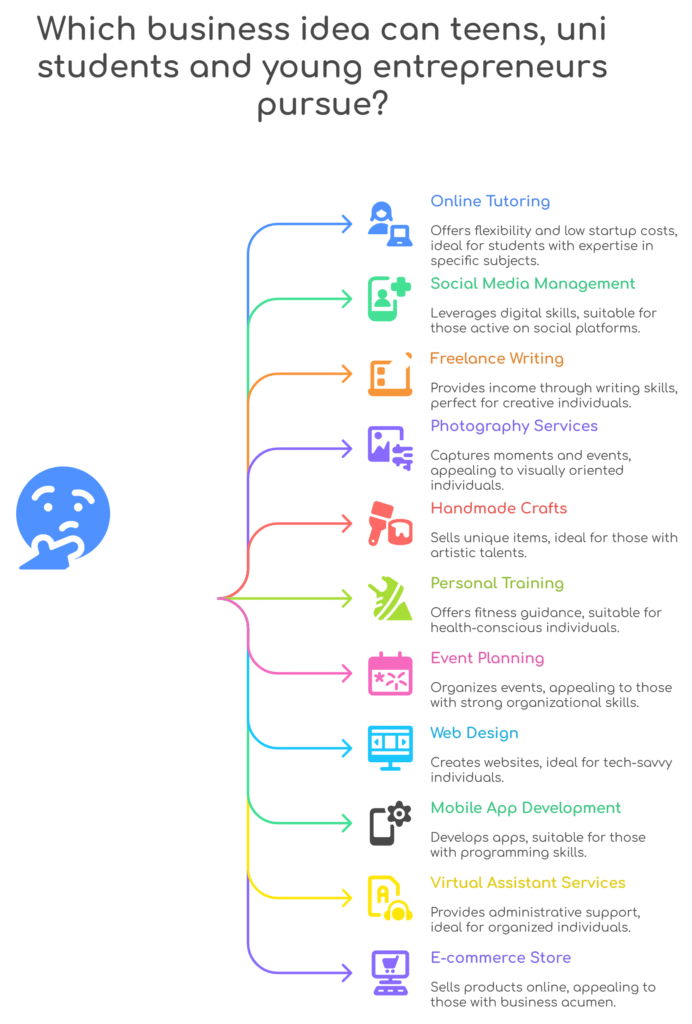
47. Sell digital art, graphics, or wallpapers online
If you’re artistic, create digital downloads—wallpapers, icons, or templates—and sell on Etsy or Gumroad.
It’s a great home business with no inventory and minimal overhead.
48. Run errands for elderly neighbours or busy professionals
Offer to pick up groceries, walk dogs, or post parcels. Keep it hyper-local and promote through a neighbourhood Facebook group.
You’ll earn extra cash and build a reputation as a reliable and trustworthy person.
49. Start a tech help service for older Australians
Help seniors set up phones, learn to use Zoom, or troubleshoot Wi-Fi. This can be done after school or on weekends.
You provide real value, especially in communities where tech literacy is low.
50. Sell baked goods at weekend markets or to friends
Make brownies, cupcakes, or savoury scrolls and sell them through word-of-mouth or school groups.
It’s perfect for students who love baking and want to test demand in a low-pressure setting.
51. Create study notes and sell them digitally
If you’re good at organising summaries or flashcards, upload them to sites like Nexus Notes or your own Google Drive link for purchase.
This way, you can turn your schoolwork into passive income.
52. Offer Canva design services for other businesses
Many small brands need help with menus, flyers, or Instagram graphics. Use free tools like Canva to create clean, polished designs.
You don’t need formal design training—just good taste and consistency.
53. Become a local photographer for events or content
Take portraits for friends, content for small businesses, or photos at birthdays. Use an entry-level DSLR and edit photos with free tools.
This builds a portfolio fast and gets you paid to improve your craft.
54. Start a YouTube channel around a specific niche
Gaming, productivity, study tips, or fashion—choose a niche you love and create content regularly. Monetise through ads, affiliate links, and collabs.
Consistency is key, and you don’t need viral hits to start making money.
Business opportunities aren’t limited to tech and services. Geography plays a huge role in what Australians need—and what they’ll pay for. Whether you live near the beach, the bush, or in a fast-growing suburb, the following section dives into region-specific business ideas that tap into where you are, not just who you are.
11 region-specific business ideas for urban, coastal, and rural Australia
Australia isn’t one-size-fits-all—neither is business. The needs of a coastal surf town are very different from those of a remote farming region or an inner-city suburb. These business ideas in Australia are shaped by geography and demand.
1. Start a landscaping business in outer suburbs or regional towns
2. Offer mobile cleaning services for Airbnb hosts
3. Open a weekend food truck near local markets or beaches
4. Launch a bushwalking or wildlife tour company
5. Rent out bikes, paddleboards, or surf gear at a coastal spot
6. Manage short-term rentals for city-based investors
7. Sell fresh produce or crafts at regional farmers' markets
8. Offer drone photography for real estate agents in rural areas
9. Start a mobile mechanic service for small towns
10. Become a local courier or delivery partner for eCommerce entrepreneurs
11. Launch a signage or printing service for small businesses
Whether you live near a national park, a busy metro area, or a growing inland town, there are smart ways to build a successful business that supports your lifestyle and fills local gaps.
55. Start a landscaping business in outer suburbs or regional towns
Fast-growing suburbs and retirement communities often need regular maintenance and garden upgrades.
This is a classic small business idea that thrives on word-of-mouth and long-term relationships.
56. Offer mobile cleaning services for Airbnb hosts
Holiday homes in beach towns and wine regions are booming, and property owners need quick, reliable turnovers.
This type of cleaning business lets you charge a premium in high-tourism areas
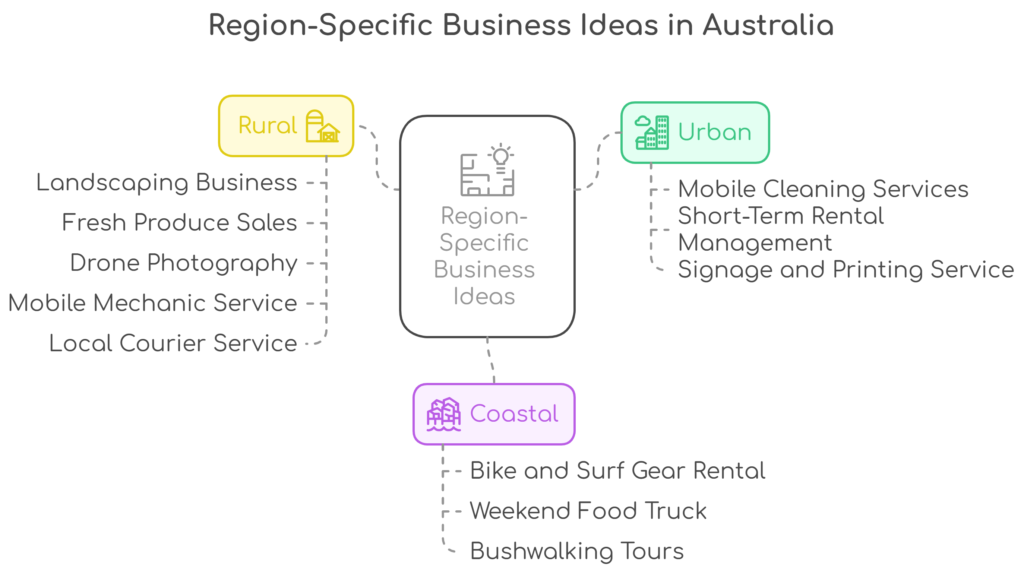
57. Open a weekend food truck near local markets or beaches
Coastal areas and tourist towns are ideal for food truck businesses. Choose a niche: vegan wraps, smoothies, or loaded fries.
It’s a fun, mobile way to tap into weekend foot traffic and local markets.
58. Launch a bushwalking or wildlife tour company
If you’re near national parks or remote areas, offer guided hikes, wildlife spotting, or cultural experiences.
This taps into a profitable niche where authenticity and safety matter most.
59. Rent out bikes, paddleboards, or surf gear at a coastal spot
Set up a gear rental station in high-traffic tourist areas and offer half-day or full-day packages.
It’s a practical rental business with strong seasonal demand and minimal overhead.
60. Manage short-term rentals for city-based investors
If you’re in a rural or beach town, become the local host for absentee property owners. Coordinate cleaning, bookings, and guest support.
This builds steady income and ties you into the rental market without owning property.
61. Sell fresh produce or crafts at regional farmers’ markets
If you grow veggies, make preserves, or create crafts, set up a stall at weekend markets.
This is a great home business for regional residents looking to monetise a hobby.
62. Offer drone photography for real estate agents in rural areas
Property marketing needs compelling visuals. Offer high-quality aerial shots to real estate agents selling large blocks or farms.
This is a high-value service that pays well and helps other businesses boost sales.
63. Start a mobile mechanic service for small towns
Many regional residents don’t have easy access to garages. Offer on-site servicing or repairs for a flat fee.
This model thrives where convenience is valued more than pricing.
64. Become a local courier or delivery partner for eCommerce entrepreneurs
As online retail grows, eCommerce entrepreneurs need help fulfilling local orders. Be their go-to delivery or pickup person.
You help them scale while building your own client base as a dependable, local, self-employed courier.
65. Launch a signage or printing service for small businesses
From café menus to vinyl banners, offer design and printing services to small businesses in rural or metro outskirts.
It’s a steady service that supports events, launches, and branding needs.
Let’s wrap up with business ideas that aren’t just about profit—they’re about purpose. The final category highlights entrepreneurs who want to create meaningful change: from sustainability to social impact. These ideas prove that doing good and doing business can go hand in hand.
10 purpose-led business ideas for social and sustainable ventures
For some Australians, starting a business isn’t just about earning more—it’s about solving real problems in their community or the environment.
Among the most impactful small business ideas in Australia are the ones that aim to do good while doing business—sustainably, socially, and profitably.
1. Start a zero-waste home essentials subscription
2. Launch a social enterprise café or food van
3. Offer plastic-free packaging consulting to small eCommerce brands
4. Build a business helping communities access government grants
5. Create a rental business around baby gear or wedding décor
6. Run sustainability workshops for schools or workplaces
7. Sell upcycled or refurbished furniture through an online store
8. Start a local tool or equipment library
9. Become an accessibility consultant for local businesses
10. Offer marketing support to purpose-led startups
These business ideas are ideal if you’re values-driven and want to create impact as well as income. Bonus? Customers love supporting businesses that align with their beliefs.
Here are 10 ideas that prove doing good can also be good business:
66. Start a zero-waste home essentials subscription
Curate and deliver reusable kitchen and bathroom products (like beeswax wraps, bamboo toothbrushes, etc.).
This works for people who want to live more sustainably but don’t know where to start.
67. Launch a social enterprise café or food van
Use your own business to train and employ people from disadvantaged backgrounds—youth, migrants, or those re-entering the workforce.
It’s a food-focused venture with a mission at its core.
68. Offer plastic-free packaging consulting to small eCommerce brands
Help small business owners transition to sustainable shipping solutions.
There’s a rising demand from consumers, and a gap in small brand knowledge.
69. Build a business helping communities access government grants
Specialise in writing grant applications for NFPs, local councils, or small community orgs.
You’re offering a professional service that removes a big barrier to funding.
70. Create a rental business around baby gear or wedding décor
Instead of buying, customers rent baby swings, bassinets, or event props for short-term use.
This model supports the circular economy and reduces waste—while being highly practical.
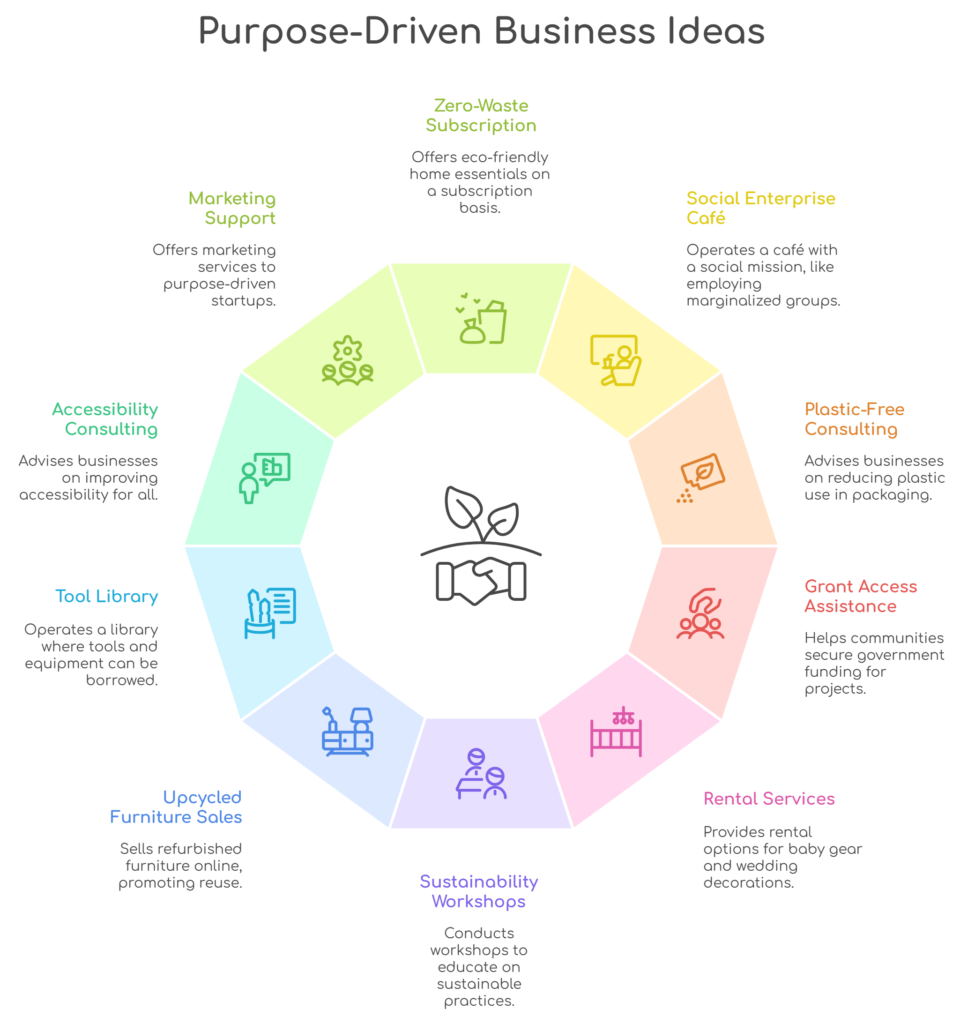
71. Run sustainability workshops for schools or workplaces
Teach composting, recycling, or eco-habit tracking through hands-on sessions or kits.
It’s an education-first model that drives behavioural change from the ground up.
72. Sell upcycled or refurbished furniture through an online store
Pick up curbside items, restore them, and sell locally or online with a story behind each piece.
You tap into the eco-conscious crowd while keeping costs down.
73. Start a local tool or equipment library
Instead of buying tools for one-time use, neighbours can borrow from your inventory. Think drills, pressure washers, or camping gear.
This builds community and generates income through memberships or usage fees.
74. Become an accessibility consultant for local businesses
Help cafes, stores, and venues understand and improve physical and digital access for people with disabilities.
This is a professional niche with both social and legal importance.
75. Offer marketing support to purpose-led startups
If you have design, copy, or strategy skills, offer discounted or sliding-scale services to early-stage impact businesses.
You support their growth while attracting a mission-aligned client base of your own.
Of course, starting a business is just step one. Growing it—finding customers, collecting reviews, managing your online reputation—is where most new owners hit a wall. That’s exactly where Birdeye’s GenAI platform comes in.
Turn your small business idea into a real business—faster
You don’t need a corporate budget or a full-time team to build something real. You just need a clear small business idea, the right tools, and the courage to start. Whether your goal is flexibility, impact, or becoming your own boss, the opportunities are right before you.
Birdeye is an AI company that gives you the foundation: From your first unique selling point to your first five-star review. With the right systems, that small idea can turn into a long-term business, with reach, reviews, and results.
FAQs about business ideas in Australia
A good business idea fits your skill set, schedule, and market. In Australia, low-cost ideas like starting a bookkeeping business, becoming a virtual assistant, or launching a productized service work well for beginners.
Having a robust business plan is essential. It gives you direction, helps manage finances, and ensures you’re not just winging it. It also matters if you want to access funding or open a business banking account.
Yes. Models like subscription services, digital product sales, or service-based businesses with recurring clients are designed for long-term success. The key is choosing a niche with real demand and predictable income.
Health, sustainability, education, and the pet industry are booming. These sectors offer numerous opportunities for both online and service-based businesses that meet daily needs.
If you have valuable skills like writing, admin, or financial management, you can easily turn them into a home business. Many social media savvy Australians are also building businesses through digital content and freelancing.
A strong search engine optimisation strategy helps customers find your website, not just your competitors. Tools like Birdeye GenAI assist by managing listings, content, and online reputation—all from one dashboard.
Birdeye GenAI helps new Australian businesses grow faster
Choosing from 75 great business ideas Australia offers is only the beginning. If you want to turn your idea into a real, working business, you need visibility, credibility, and a system that doesn’t burn you out. That’s where Birdeye steps in—with automation, insights, and AI support for the things you don’t have time to do manually.
Whether you’re building your own online store, running a mobile service, or testing your first online business idea, Birdeye helps you appear professional from day one—without needing a marketing degree or team.
Build a solid business plan
A solid business plan doesn’t stop at budgeting and services. It includes how you’ll earn trust. With Birdeye, your review strategy and digital presence become part of your brand’s foundation, so your business feels real to strangers from the start.
Launch your website and GenAI-generated content
If you’re a business owner, launching your website is the first big step toward legitimacy. Birdeye helps you write local SEO landing page, set up contact forms, and even auto-create pages for new locations or services.
That means you can grow quickly without sacrificing quality.
Tap into a huge market through Google and social
Even if you’re hyperlocal, your audience lives online. Birdeye syncs your business listings across platforms, optimises your presence for search engine optimisation, and uses GenAI to help you craft better posts and campaigns.
This gives you access to a vast market that trusts search results, not flyers.
Keep startup costs low by automating what matters
Hiring a social media manager, copywriter, and listings expert costs thousands. Birdeye helps you do everything—from Google reviews to social media management—with one dashboard.
This allows you to run lean, cut overhead, and maintain low startup costs.
Stay in control of your brand—and your time
Want to be your own boss? You also have to be your own brand manager. Birdeye’s GenAI helps you handle everything from customer experience to content creation, so you look sharp without burning out.
It’s like having a marketing team in your pocket.
Manage your business finances with clarity
Birdeye helps you understand your customer value and lead sources, so you can make smarter financial decisions.
This data can help shape your business plan, allocate spend, and manage business finances more confidently.
Use your reviews to build a loyal customer base
People trust reviews over ads—and they trust volume, recency, and tone. Birdeye Reviews AI helps you generate, manage, and respond to reviews so that you build a loyal customer base that comes back and spreads the word.
It’s a trust loop built into your daily workflow.
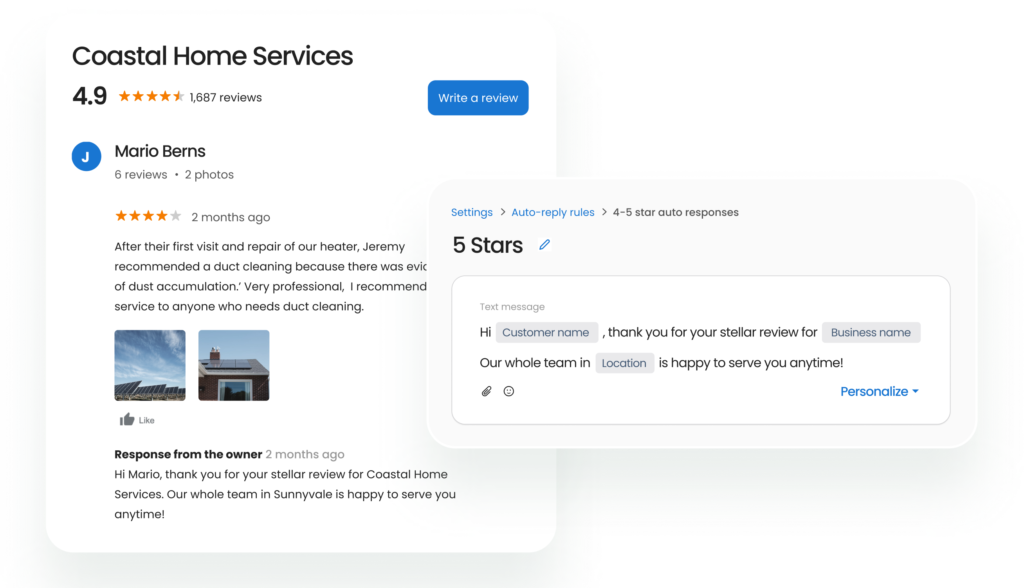
Show up where demand already exists
There’s already market demand for what you offer—people don’t know you yet. Birdeye Listings AI ensures you appear where customers are looking (like Maps or search), then helps you convert that attention with reviews, listings, and content.
Visibility = discoverability = traction.
Set up automated referrals and reminders
Use Birdeye’s Referral‘s smart automation to encourage word-of-mouth referrals, send follow-ups, and keep your customers engaged after the sale or service.
You stay at the top of your mind without lifting a finger.
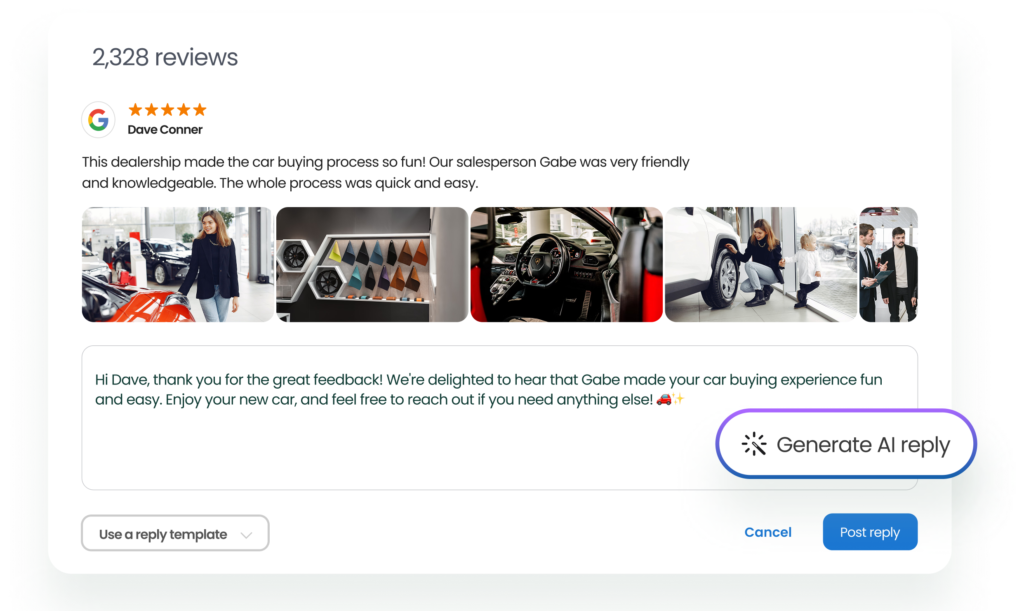
Organise your review strategy like your bank accounts
Think of your reputation like your money: if it’s scattered and unmanaged, it gets messy fast. Birdeye acts like a central command—keeping your listings, reviews, and messaging tight and trackable.
Just like you would with your bank accounts, you’ll want one place to manage it all. And Birdeye Messaging AI helps you with exactly that.
Start with structure—grow with confidence
From sole traders to startups, your business structure doesn’t need to be fancy, but it should be organised. Birdeye adds a repeatable process for growth so you won’t have to wing it every day.
This is how you move from a good idea to a long-term business with systems that scale.
Make your marketing plan smarter (and simpler)
Birdeye helps you build a simple, AI-assisted marketing plan—with campaigns, reviews, and listings working in sync.
You don’t need a big team—you just need a smarter workflow.

Originally published

